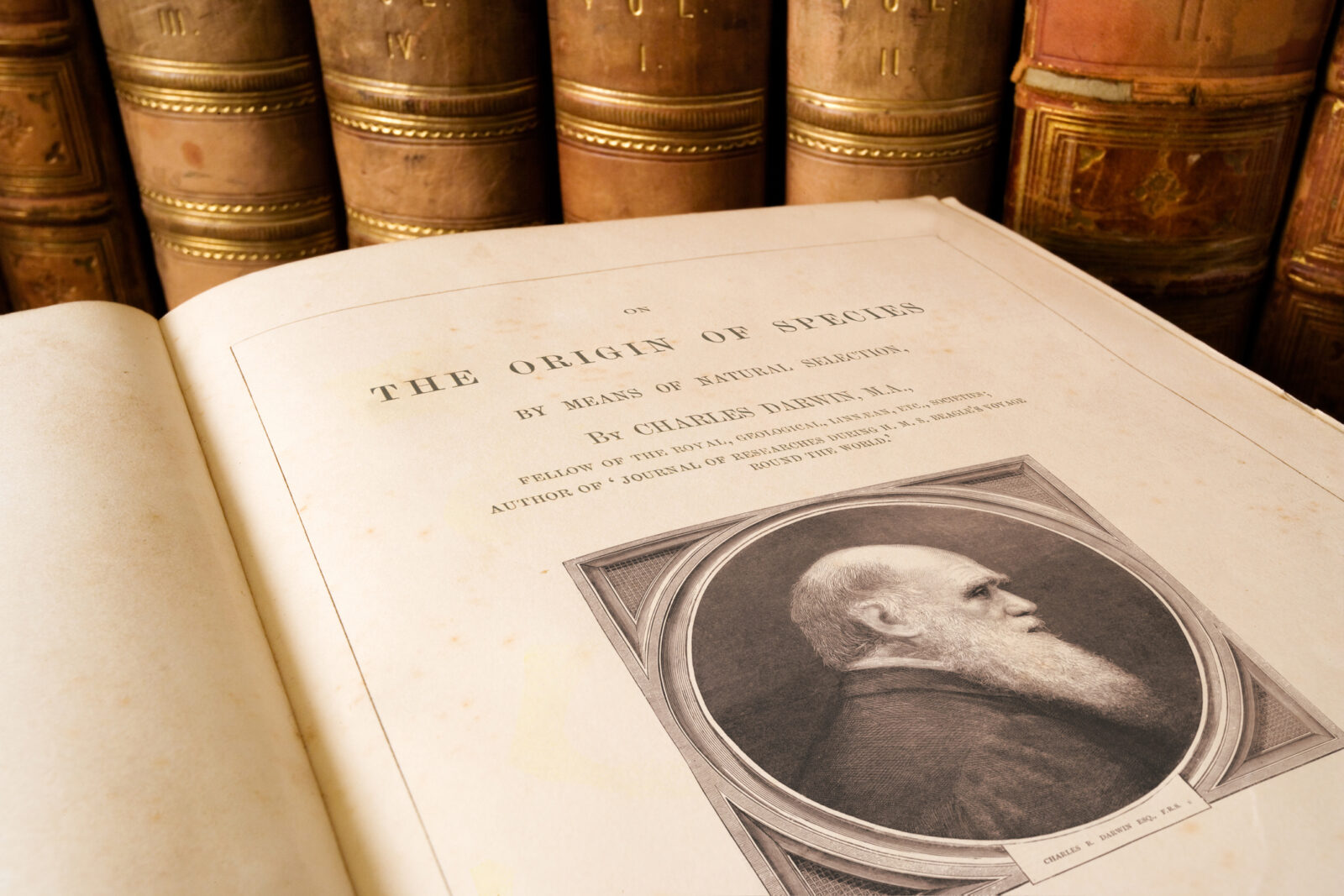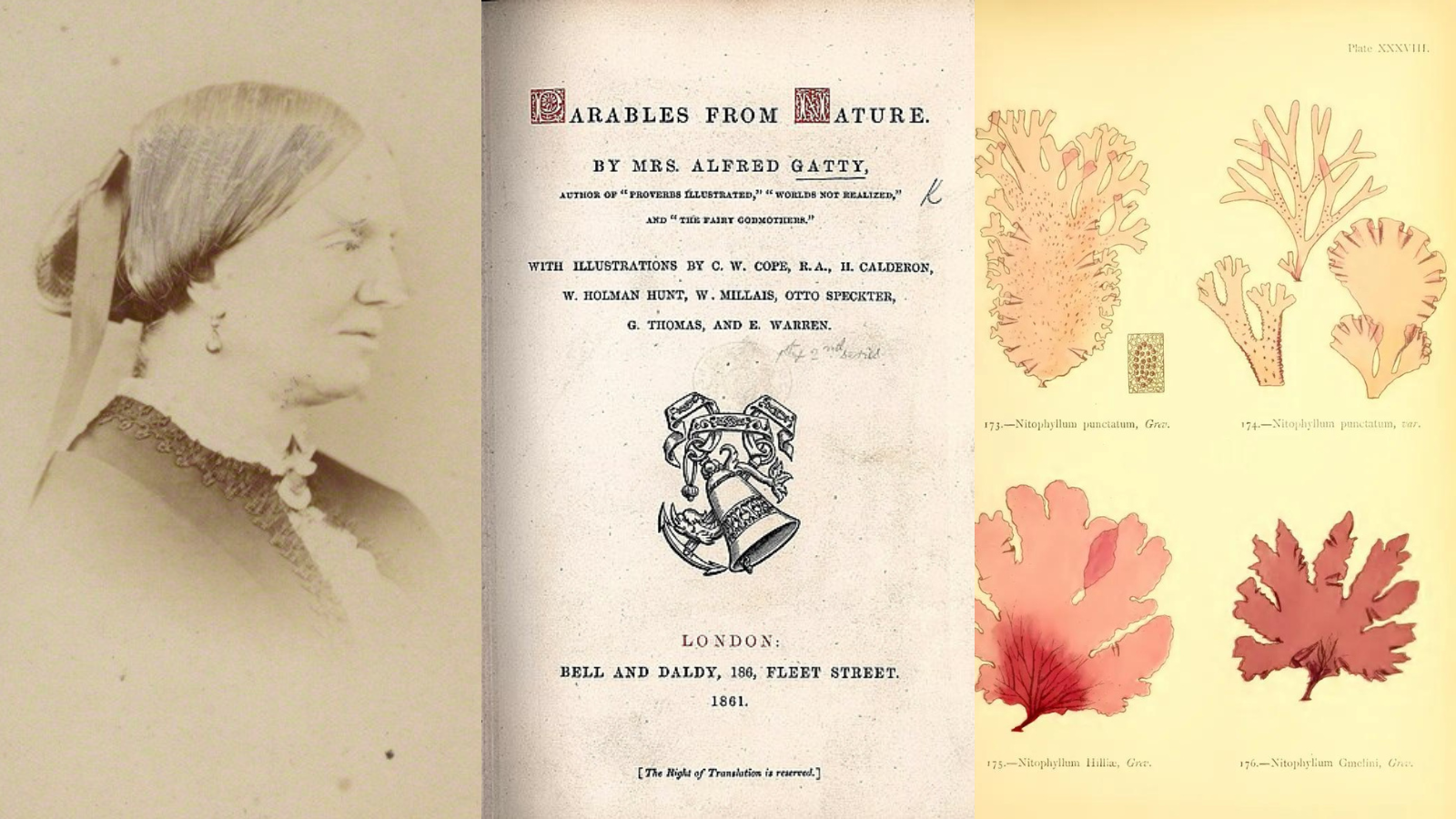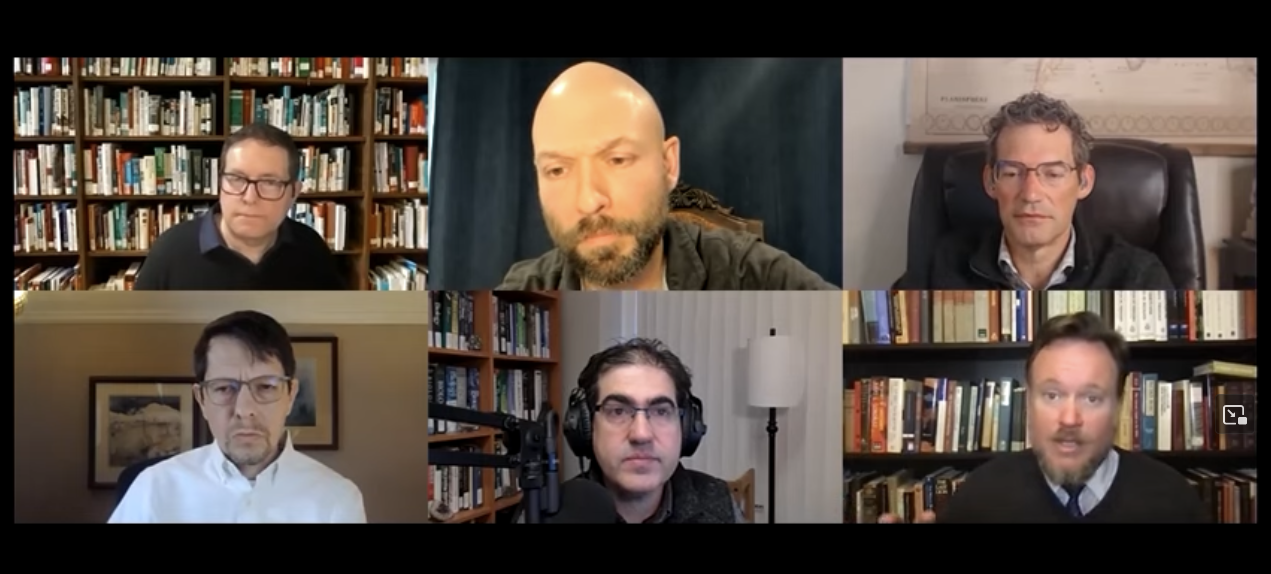


Design-Assisted Evolution: A Response to Rope Kojonen

A Reading From Darwin’s Bluff

Demythologizing Darwin: More on Darwin’s Bluff

Darwin’s Bluff: An Interview with Robert Shedinger

Rarefied Design: The Privileged Planet, 20 Years On

How the Caterpillar Got Its Legs…Or Not

Parables from Nature: A Profile of Margaret Gatty

Evolution’s Demigods: Reviewing the Tour/Cronin Debate
Do biologists give too much credit to natural selection and self-organization? What are the limits of a materialist approach to science? On this ID The Future, we bring you the second half of a panel discussion reviewing the recent debate between Rice University chemistry professor Dr. James Tour and University of Glasgow professor of chemistry Dr. Lee Cronin. In November 2023, Dr. Tour and Dr. Cronin participated in a roundtable debate on origin-of-life studies at Harvard University with a live audience of Harvard faculty and guests. Even if you haven’t seen the debate yet, you’ll get valuable insight into the state of origin-of-life research from this panel discussion, featuring three of our own: scientist and attorney Casey Luskin, physicist Brian Miller, and Center for Science and Culture Senior Fellow Dr. Stephen Dilley. It also featured Arizona State University Professor of Philosophy Owen Anderson. The second half of the conversation begins where Part 1 left off: with a critique of the seemingly limitless power attributed to natural selection. In the debate, Dr. Cronin called natural selection “the force that produces our stars.” Dr. Miller explains why natural selection wields so much power for scientists like Cronin: “What a lot of origin-of-life people do is they talk about natural selection as a demigod with creative agency. That’s how they rationalize away the evidence for design.” The panel also discusses how intelligent design is a legitimate threat to materialist science, and how Dr. Tour’s challenge is impacting the origin-of-life research community. They conclude with the reminder that a mind-first view of the natural world can not only help us personally, it can help society create better solutions for living. This discussion was recorded by the Kirkwood Center and hosted by Kirkwood president Anthony Costello and vice-president Lenny Esposito. We thank the Kirkwood Center for permission to share it. This is Part 2 of a two-part discussion. Listen to Part 1 if you missed it. Dig Deeper Listen to Dr. Stephen Meyer interview Dr. James Tour about the origin-of-life debate:
